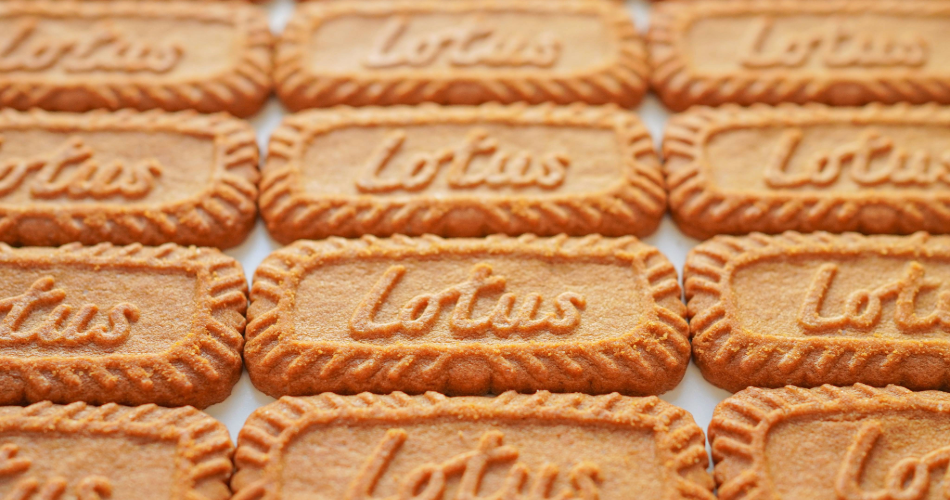
Background
Sky, the TV, broadcasting, media and telecommunications giant, brought infringement and passing off proceedings before the UK High Court against a Seattle start-up’s use of ‘SkyKick’ in relation to cloud software management. Sky alleged infringement of its UK trade marks and EU trade marks comprising figurative and word marks for ‘SKY’, covering a broad spectrum of goods and services (including ‘whips’ and ‘fire extinguishing apparatus’). SkyKick’s counterclaim brought the validity of Sky’s registrations, and all existing trade mark registrations with comprehensive specifications, under scrutiny.
SkyKick’s rebuttal was twofold:
- Sky’s registrations are wholly or partly invalid as the list of goods and services are not sufficiently clear and precise (e.g. ‘computer software’) such that the public cannot ascertain the extent of Sky’s rights.
- Sky’s registrations were filed in bad faith because Sky had no intention to use the marks in relation to the specified goods and services and there was no commercial rationale behind their opting for excessively broad coverage, other than to block competitors entering the market, which is an abuse of process.
The High Court’s Referral and the CJEU’s Decision
Having noted that the dispute had raised “some important issues of European trade mark law” Mr Justice Arnold (as he was then) exercised his judicial discretion to stay the High Court proceedings on 6 February 2018 and make a reference to the CJEU for guidance on the validity of trade mark registrations. Five questions were referred to the CJEU. Advocate General (“AG”) Evgeni Tanchev issued his opinion in October last year. However, in a departure from the norm, the CJEU opted not to follow the AG’s opinion when it issued its ruling on Wednesday 29 January 2020. The questions referred and the CJEU’s guidance are set out below:
- Can a mark be declared wholly or partially invalid if some of the goods and services lack sufficient clarity and precision to the extent that third parties cannot determine the scope of the rights?
- If so, it a term such as ‘computer software’ sufficiently clear and precise?
The CJEU ruled that a trade mark cannot be declared wholly or partially invalid on the grounds that the specification lacks sufficient clarity and precision;the grounds for invalidity stipulated in EU trade mark legislation is an exhaustive list Furthermore, it is therefore not contrary to public policy for the terms used in the trade mark specification to lack clarity or precision if the sign itself is not contrary to public policy. As a result, the CJEU did not consider whether the term ‘computer software’ lacked sufficient clarity or precision.
Nevertheless, a trade mark owner is at risk of a registration being revoked for non-use if, within a continuous period of five years after registration, the trade mark has not been put to genuine use in the relevant territory in relation to the protected goods and services. The CJEU indicated that such non-use revocation is the appropriate way for third parties to remove unclear and imprecise terms from another’s trade mark registration.
- Can it constitute bad faith to file a trade mark without any intention to use it in relation to the specified goods/services?
- If so, where the applicant intended to use the mark in relation to some or all of the goods and services, can partial bad faith be established?
Bad faith cannot be presumed because at the time of filing, the economic activity of the trade mark applicant did not align with the goods and services in the trade mark specification.
However, if the applicant had the intention of either undermining the interests of third parties in a manner inconsistent with honest practices or of obtaining an exclusive right for purposes other than those falling within the functions of a trade mark, in particular to indicate the origin of the goods and services, the Court held that registration of a trade mark without any intention to use it in connection with the specified goods or services may constitute bad faith.
However, it will need to be apparent that the applicant filed the applications without intending to engage fairly in competition, either in relation to a specific third party or unspecified third parties. If there was no commercial rationale underpinning filing the application, bad faith may only be found if there are objective, relevant and consistent indications to establish this. Bad faith cannot be presumed simply on the basis that at the time of filing the application, the applicant had no economic activity corresponding to the goods and services of the application.
The Court also confirmed that where the absence of the intention to use the trade mark concerns only certain goods and services, then bad faith only relates to those goods and services.
- Is section 32(3) of the UK Trade Marks Act 1994 compatible with Parliament and Council Directive 2015/2436/EU1 and its predecessors?
This section mandates for a statement of use or intended use in relation to the goods or services covered by an application. There is no equivalent requirement in EU trade mark law. The Court maintained that this provision of UK trade mark law is compatible; however, breach of this obligation is not, in itself, a ground for invalidity of an existing trade mark registration.
Implications and Comment
This case has been hotly discussed and debated by practitioners and brand owners alike due to the potentially far-reaching ramifications if (a) it were found that registrations could be invalidated on the basis that they contain broad terms such as ‘computer software’ and (b) bad faith could be established where terms are specified beyond a trade mark owner’s core business operations and perhaps also those that are proximal to the core activities.
The CJEU’s decision does not in itself indicate that trade mark owners should avoid the practice of including broad terms in their specifications. The CJEU has essentially just maintained the status quo in this regard. This is advantageous to brand owners who file trade marks for a broad range of products and services, and so obtain protection in potential business areas as well as their existing ones. It is not a prerequisite for a trade mark applicant to know precisely how and in relation to what goods and services the mark will be used upon filing. Thus the Sky is the limit and the brand protection strategy of filing broad trade mark applications looks set to continue.
However, it is possible for a registration to be wholly or partially challenged on the basis of bad faith where there is no rationale for filing a broad specification. Importantly, the CJEU established the limiting principle that only where there are “objective, relevant and consistent” factors demonstrating that, when the application was filed, the applicant’s intention was to either undermine the interests of third parties or obtain an exclusive right for motives not falling within the functions of a trade mark, can there be a finding of bad faith. In practice, this requirement will make it difficult to try to invalidate a trade mark for bad faith. A party bringing an invalidity action will face a significant challenge of having to prove, seemingly through evidence of fact, the trade mark proprietor’s intentions, quite possibly many years prior and perhaps without the opportunity for disclosure depending upon the forum of the dispute. The threshold of the test to establish whether a trade mark application has been made in bad faith is also high.
It is now for the UK High Court to interpret and apply this criteria at the next juncture in the ongoing Sky v SkyKick saga. With the end of the Brexit transition period on the horizon, perhaps the UK courts may take an early opportunity to clarify the importance of the need for an intention to use a trade mark on filing – a concept not seen as so important on the Continent.
Find the link to the High Court decision here.
Find the link to Attorney-General Tanchey's Opinion here.
Find the link to the CJEU decision here.
This blog was co-authored by Andy King, Hilda-Georgina Kwafo-Akoto and Pollyanna Savva.
Andy is a Head of Trade Marks and member of our Management Board. He is a Partner and Chartered Trade Mark Attorney who handles a wide range of trade mark work, from searches, portfolio reviews and devising filing strategies to prosecution of applications, oppositions, revocation and invalidity actions. Andy has extensive experience representing clients at the UKIPO, EUIPO and WIPO (for international ‘Madrid Protocol’ registrations).
Email: andy.king@mewburn.com
Sign up to our newsletter: Forward - news, insights and features
Our people
Our IP specialists work at all stage of the IP life cycle and provide strategic advice about patent, trade mark and registered designs, as well as any IP-related disputes and legal and commercial requirements.
Our peopleContact Us
We have an easily-accessible office in central London, as well as a number of regional offices throughout the UK and an office in Munich, Germany. We’d love to hear from you, so please get in touch.
Get in touch

